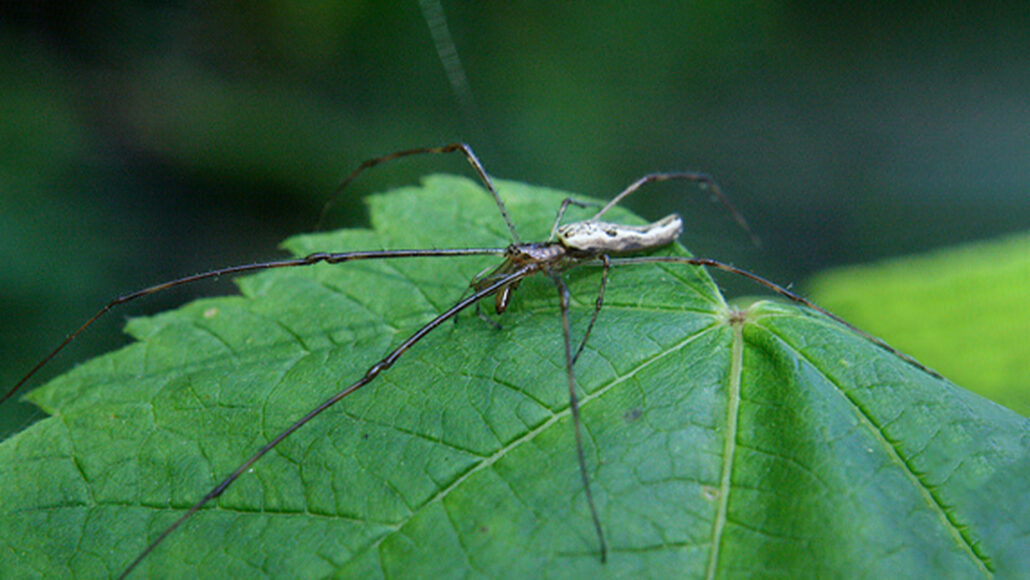
Animals
Spiders that fall into water use reflected light to find land
When elongate stilt spiders fall into water, they head for areas that don’t reflect light, studies show. This cue appears to signal dry land.
Come explore with us!

When elongate stilt spiders fall into water, they head for areas that don’t reflect light, studies show. This cue appears to signal dry land.

A study that followed hundreds of teens during the COVID-19 pandemic now suggests why some of them handled long-term stress better than others.
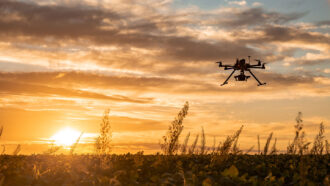
Airborne robots help researchers keep tabs on wildlife, agriculture and more.
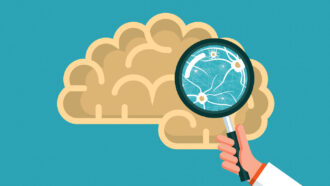
Through wires implanted in a person’s brain, this medical treatment can help treat various conditions.

Scientists are designing experiments to test whether these animals have self-aware experiences as we do.
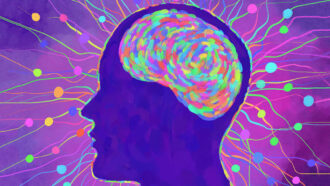
Most people are familiar with sight, hearing, smell, taste and touch –– but there are others. Learn about them here.

In the future, more advanced, less bulky mind-reading equipment could raise serious privacy concerns.

People who know they’re asleep while dreaming could help study how sleeping minds create elaborate alternate realities.
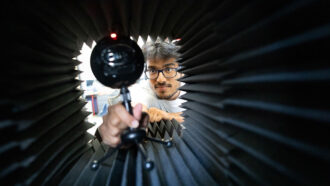
Researchers crafted tubes that can trick AI into mistaking one person’s voice for another’s. Bad guys could use such tricks to hack into accounts.
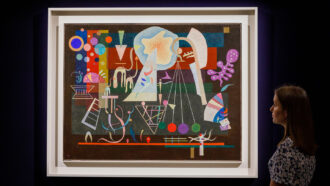
This often-misunderstood word describes someone whose brain works a little differently from most.